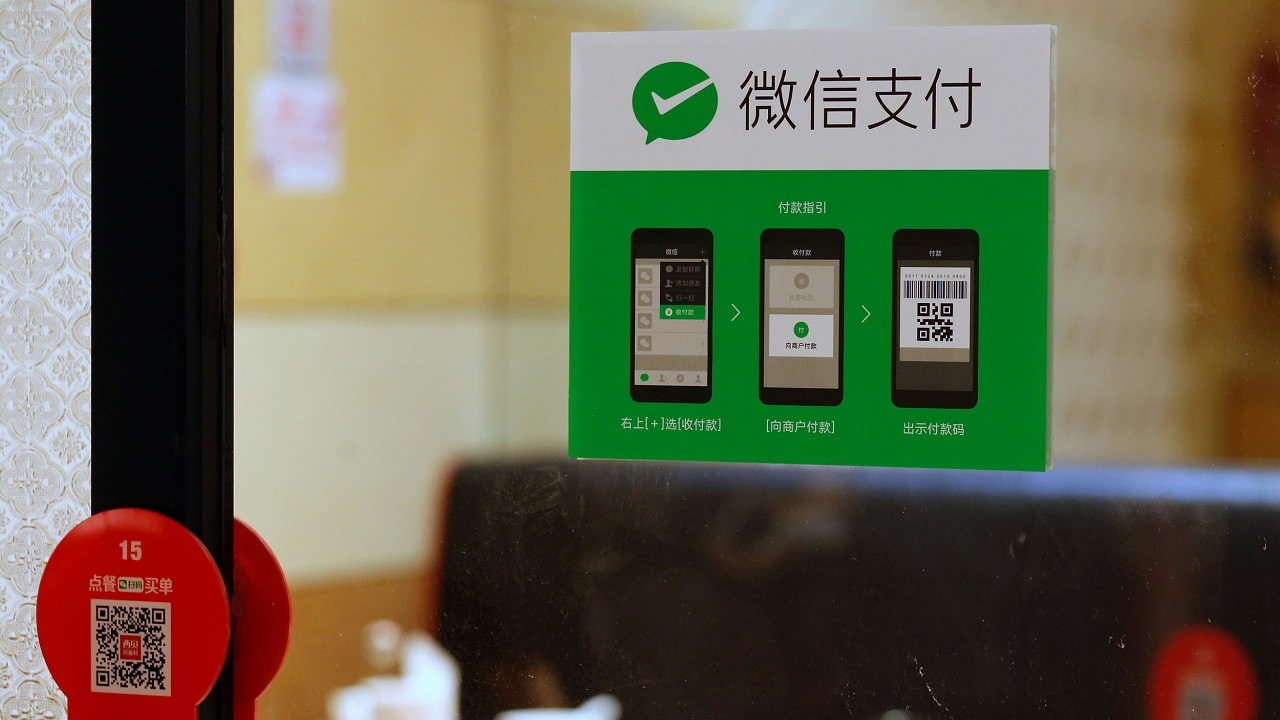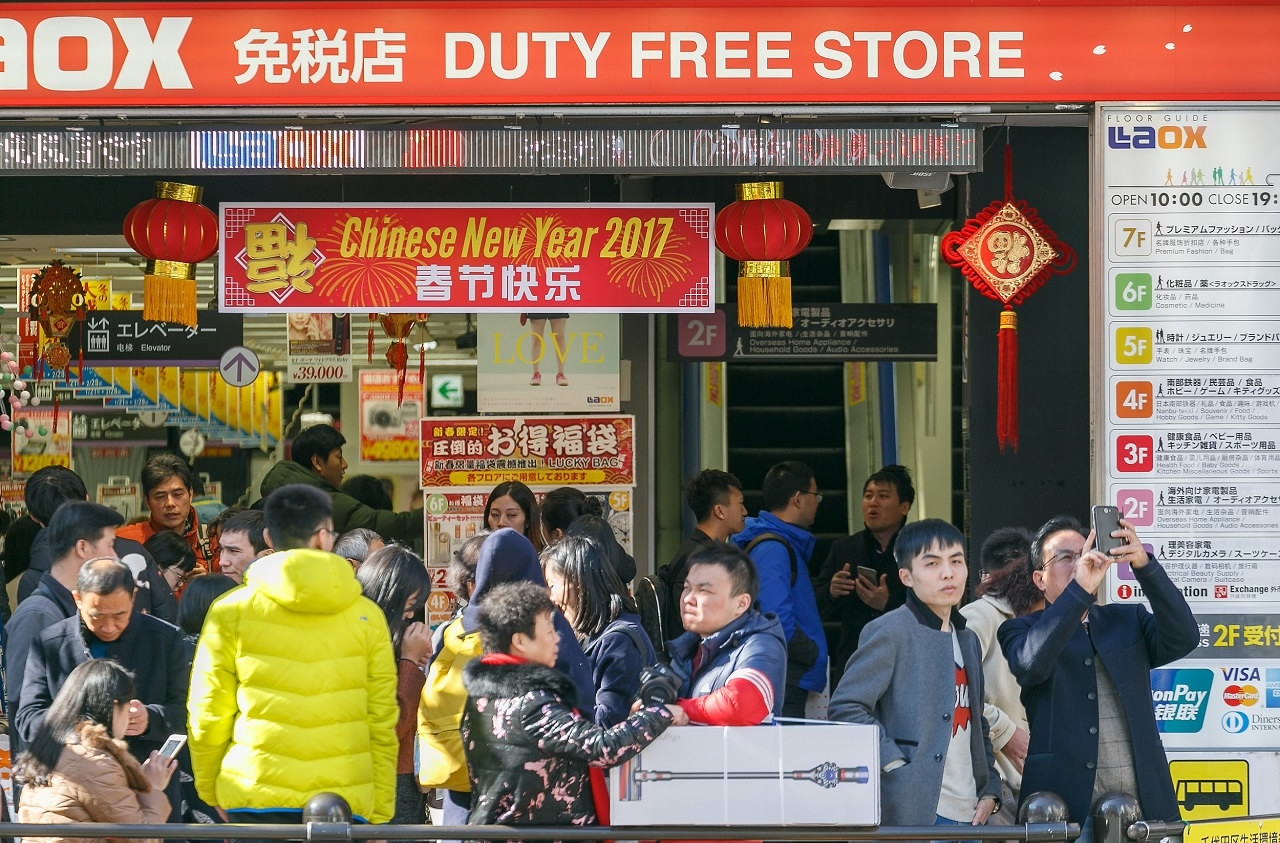Stripe, a San Francisco-based startup, announced partnerships with Chinese digital payment providers, Alipay and WeChat Pay on Monday, to enable merchants from more than 25 countries to use its platform to accept payments from Chinese consumers.

December 2015: Stripe co-founder and CEO Patrick Collison (L) and brother John Collison, co-founder and president. /Reuters Photo
Starting on July 9, the partnerships allow online merchants using Stripe to integrate the ability for Chinese users to pay with Alipay and WeChat Pay on their websites, the company told Reuters.
In addition to providing more opportunities for global merchants to reach Chinese consumers, people in China will have expanded choice as to which international online merchants they purchase products and services from, John Collison, Stripe's president and co-founder, said in an interview.

A notice promoting WeChat Pay is displayed inside a restaurant in Guangzhou, China. /VCG Photo
As the dominant platforms in China's digital payment ecosystem, Alipay and WeChat Pay took 92 percent market share in 2016, Stripe said in the announcement.
China's third-party online payments overseas
According to the United Nations World Tourism Organization, Chinese tourists were the highest spending group in 2016, splashing out a total of 261 billion US dollars.
In order to explore the global market, the two Chinese tech giants have both been making moves to expand their businesses worldwide.

Asian tourists shopping during the Lunar New Year Holiday in Akihabara electronics shopping district on January 28, 2017, Tokyo, Japan. /VCG Photo
Tencent, the tech giant behind WeChat, launched the WeChat Pay service in Europe on Monday to compete with Alibaba's Alipay, which started providing payment services in Europe in 2016.
Alipay's ambition in the global market can be traced back in 2014, and it has since extended its business into more than 10 countries including India, Russia, and Australia.









